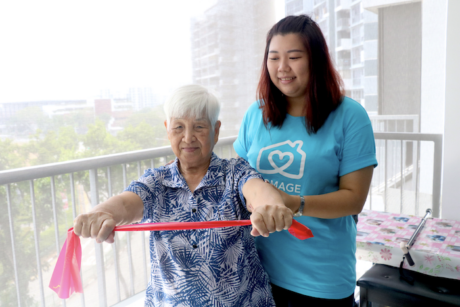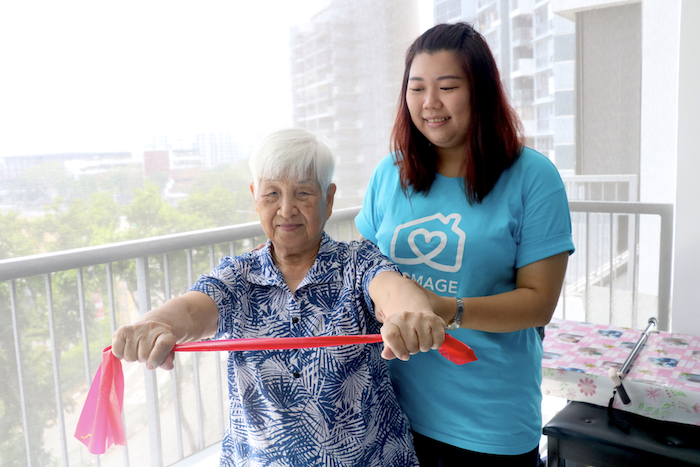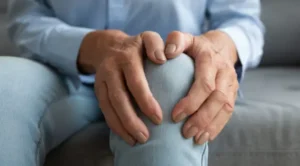This article first appeared on Homage.
Homage is an award-winning personal care solution that provides on-demand holistic home and community-based caregiving and medical services to seniors and adults, allowing them to age and recover with grace, control and dignity.
Think of going straight back to work after an operation? You may be causing yourself more pain in the long run! Keep your recovery on track and avoid these costly post-surgery care mistakes.
Book a Helpling today to help with your household chores post-surgery.
Self-care After Surgery
If you had a general anaesthetic, you were given strong medications that made you unconscious and unable to feel pain. The effects of them wear off quickly and they’re very safe and controlled, but it’s all part of an ordeal that your body – and mind – have been through and need to recover from.
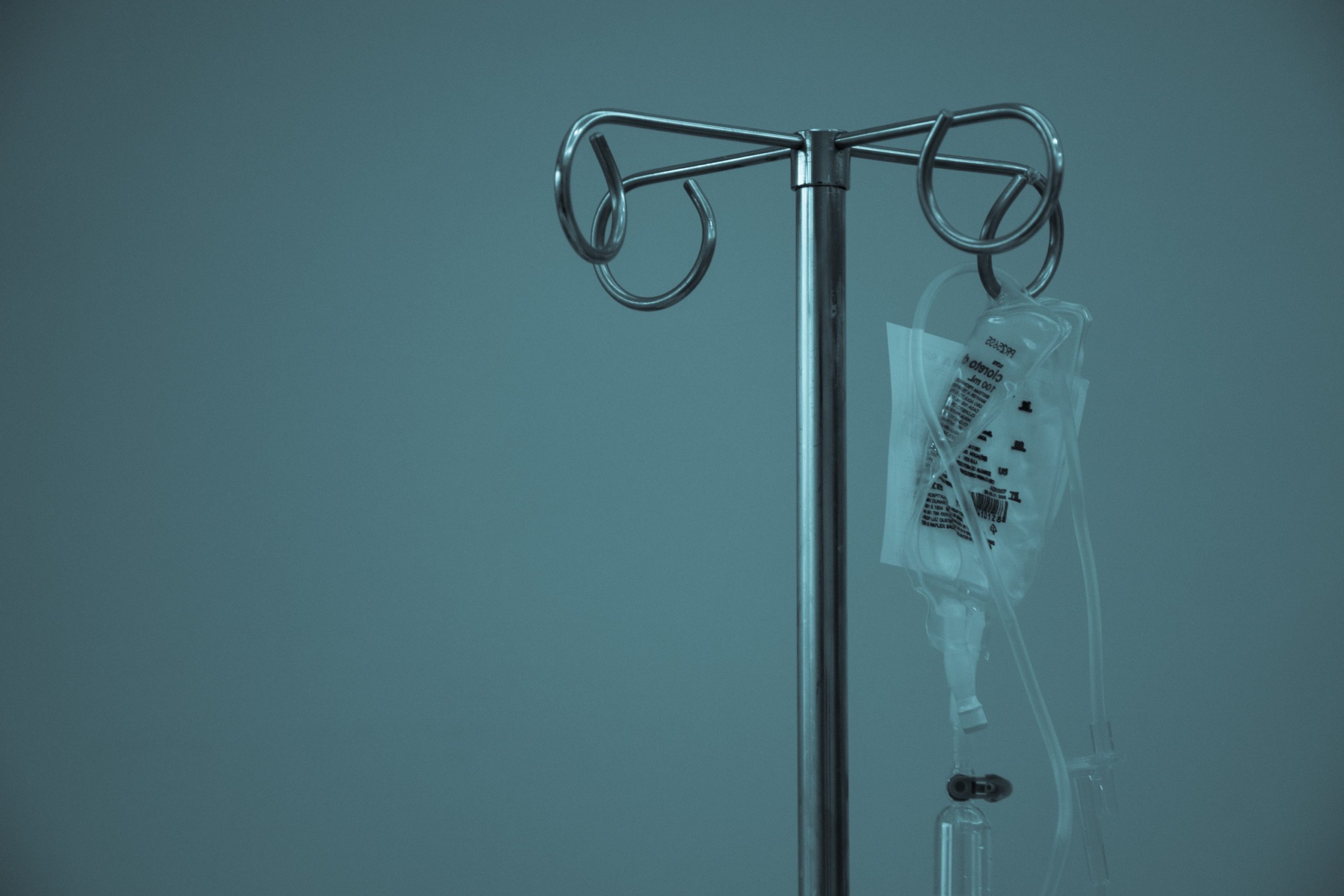
Recovering from surgery can actually mean you’re recovering from a number of different things – the physical incisions, possibly some loss of blood and fluids, and movement of the muscles and tissues under the skin. The term surgery covers a wide range of procedures, ranging from simple and superficial operations which you should heal quickly from, right through to very extensive and life-changing major surgery.
Operations may have been performed on bones and organs, on vessels and cutting through large amounts of tissue. You will be recovering from the physical operation as well as the emotional trauma that can accompany a medical diagnosis and surgical intervention.
We also shouldn’t forget that you may also be recovering from the condition that necessitated the surgery in the first place. Emergency surgery may be performed after an accident or for a serious acute medical condition, and those factors might have their own recovery process alongside post-surgery care needs.
Planned surgery is likely to happen when you’ve been living with a condition for some time, or after a serious diagnosis like cancer. Recovery can be more than just physical, and it’s time to give yourself a bit of a break for both body and mind.
1. Doing too much right after your surgery
Even fairly minor surgery involves having an incision made into your body – you have been cut, and some of your delicate internal tissues have been manipulated and adjusted in some way or another. Larger wounds, or those in awkward, mobile areas of the body are sometimes at risk of reopening, especially with vigorous activity, or even sometimes from severe coughing or vomiting. This is known as dehiscence, and can cause serious problems.
Your body has been through a lot, and needs some time to recover. The team involved with your surgery and post-surgery care should be able to give you the best advice on what you should start to do and when. The type of surgery you’ve had and your overall health are important factors in your post-surgery activities and recovery.
2. Doing too little after surgery

Rest and recuperation is important, but unless you’ve been advised otherwise, it’s important to get moving within your limits – it’s good for your mobility, your circulation, your fitness levels and even your recovery. Some people recovering from major surgery may have severe restrictions on their movement, but for those who can get moving, it’s generally better to get back to some level of activity. Most people are advised, even after fairly major surgery, that it’s good to get up and move around.
Getting back to your pre-surgery levels of activity can take a bit of time, but doing nothing at all is not a good way to recover and get back to your everyday life. It can be scary to get going again when you’ve been unwell and had to undergo surgery, but being active and as independent as possible are good for your body and mind. For most people, having minor surgery isn’t an excuse to get out of doing any housework! But pace yourself, and it’s perfectly fine if you need to get some help for certain things.
3. Going back to work too soon
Your surgical team are the best people to advise you on when you should return to work. When you should return to work depends on the nature and extent of the surgery you’ve had, the reason for the surgery, how well you’re healing and – of course – what type of job you’re going back to. An office worker who is able to sit comfortably for most of their working day may be able to return to work more quickly than someone whose job requires a lot of hard manual labour.
When you’re ready to get back to work, you can ask your employer to consider flexible working arrangements or to give you a period of lighter duties.
4. Not taking your medications
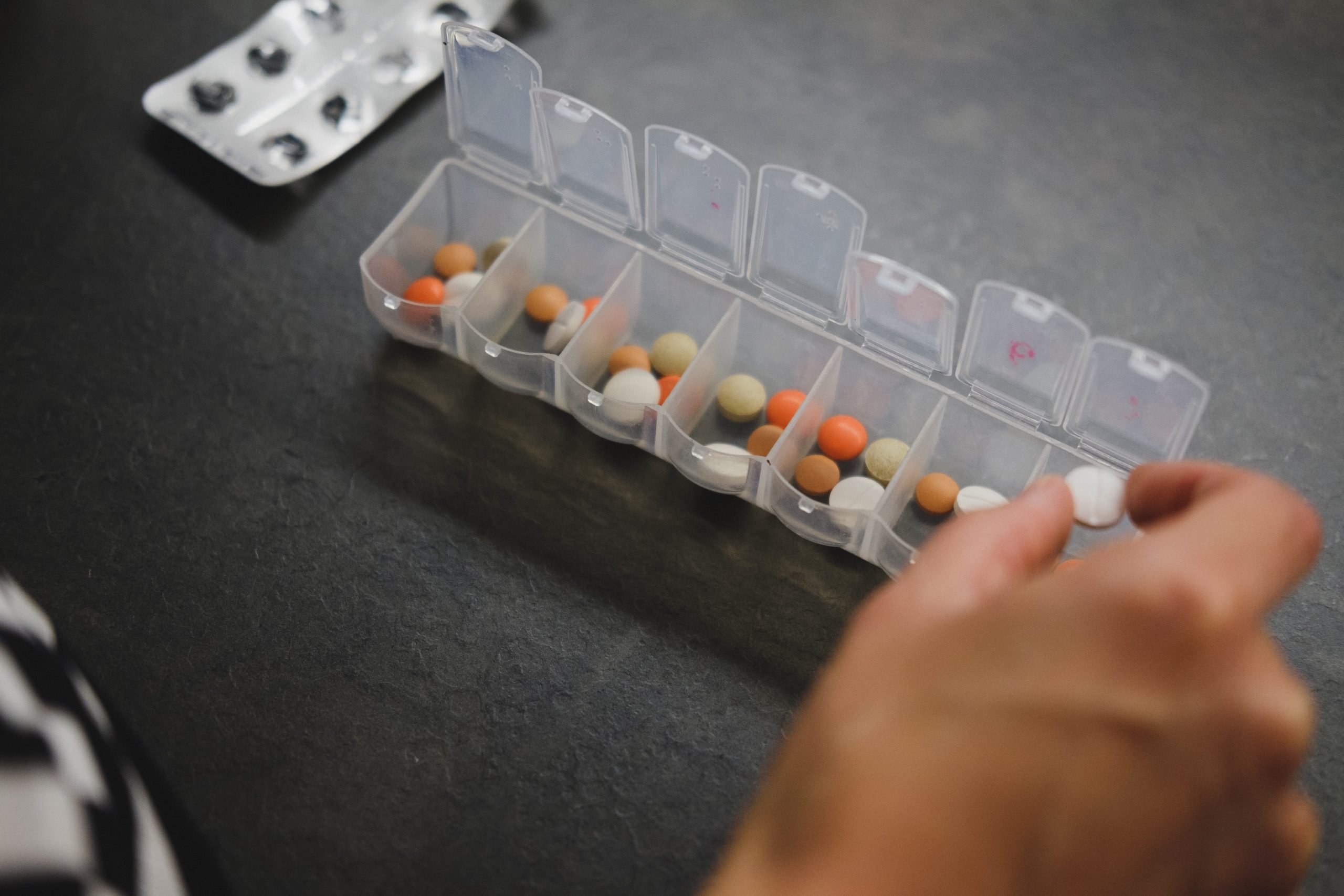
If you take medications for pre-existing health conditions, it’s important to keep taking these as prescribed unless your doctor tells you otherwise. Some underlying health conditions like diabetes or heart disease can slow down your body’s ability to heal, so making sure you manage any other conditions as well as possible can help you recover.
Taking painkillers as your doctor recommends is also important and can help support the healing process. Some people worry about ‘masking the pain’; that painkillers might make it harder to notice if something wasn’t right, but when you’ve had surgery, we know that there will be some pain afterwards. Taking painkillers is important because people who have pain when they move usually try to move less, and being active is in fact very beneficial after most types of surgery. If the pain becomes severe and isn’t easily managed with simple painkillers, then you should seek advice.
Homage Care Professionals go through extensive training and are equipped to provide care for people diagnosed with different conditions, recovering from injury or surgery and medical escort services. Their Care Advisors can come up with a personalised care plan for you or your loved ones. You can fill up this form to schedule a free consultation.
5. Not eating properly

It’s very common to feel tired after surgery, and eating might be the last thing on your mind. If your surgery was planned, you probably had to fast for several hours prior to the operation, or even longer for some surgeries, especially those involving the digestive system. It’s a good idea to have something light to eat when you feel up to it, and if you’re having surgery as a day case, the nurses will probably need to know that you’re eating and drinking alright before you’re allowed to go home.
Giving your body the support it needs to get better is the best thing you can do to allow yourself to heal. Following a healthy balanced diet and getting all the right vitamins and minerals you need is always important, and when you’re recovering from surgery you’ll also need to make sure you’ve got an adequate calorie intake, and that you’re getting the protein, carbohydrates, and good fats that your body needs to rebuild itself.
6. Becoming dehydrated
Staying hydrated is essential for good recovery – and it’s a good idea even when you’re well! The body uses a lot of fluid in the healing process and to maintain its natural balance of fluids and essential salts. The role of fluid in recovery after surgery is so important that most people who stay in hospital after major surgery are routinely given fluid via intravenous drip – even after minor surgery you can follow this example at home and make sure you’re drinking the right amount of water every day.
Some people with certain heart and kidney problems might be told that they need to restrict their fluid intake to a certain limit. If this is the case for you, your specialist might recommend that you do increase your intake slightly while recovering from surgery – it’s important to follow personalised advice on surgery and recovery if you have underlying health and medical problems.
7. Skipping rehab
Rehabilitation can take the form of physiotherapy and exercise, but it can also mean just whatever steps you’ve been advised to take to get back to your normal level of activity.
Surgeons and their teams of nurses, physiotherapists and other allied healthcare professionals are experts in getting you back to your everyday life after surgery. For some kinds of surgery, such as orthopaedic surgery – hip and knee replacements and similar procedures – the rehabilitation process is incredibly important, and can be quite taxing.
The best evidence we have now says that the sooner we get moving after a hip or knee replacement, the better our long-term prospects of recovery. Orthopaedic physiotherapists might seem to have an attitude of ‘tough love’, beginning physiotherapy within 24 hours of surgery, but intensive and targeted movement and exercise really does work.
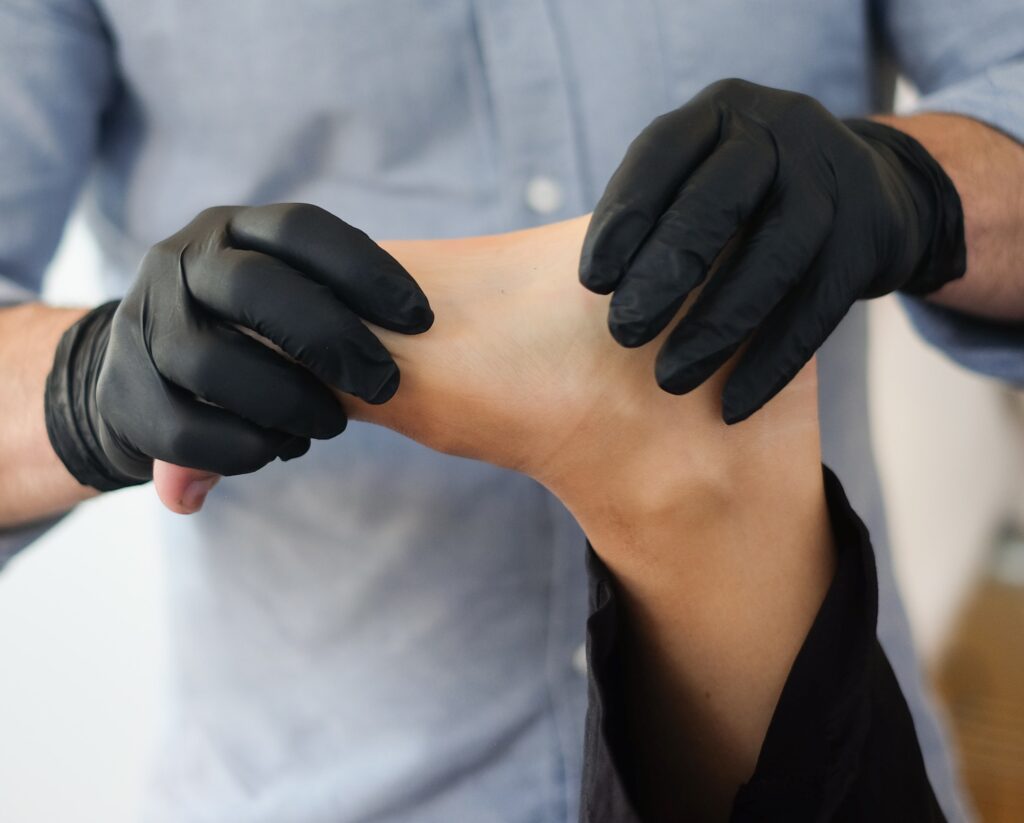
Most surgery will require some level of aftercare, and it’s essential that you make your appointments and follow the recovery plan you’ve been advised. If doing your essential post-surgery exercises is uncomfortable, you could try taking simple painkillers around 20-30 minutes before you start your exercise routine. If you’re concerned about the pain, if it’s difficult to manage or is getting worse, see your doctor.
8. Poor wound care
Understanding a little about how wounds heal can help us know when something isn’t right. In the first stages of wound healing, there will be some redness and swelling around the incision site. This is a natural, important part of the healing process, as the body sends extra fluid to clean and protect the area. The immune system also kicks in to identify and neutralise bacteria and other germs that might get into the tissues of the body through the wound.
The skin is an essential protective barrier, and any small break in it is a potential entry point for dirt and germs. Keeping your wound scrupulously clean is important, but current wisdom based on lots of clinical research tells us that we shouldn’t change dressings too often.
If dressings get very wet they need to be changed and the wound checked, but a dry, clean dressing can usually be left on for several days. Removing a dry dressing from a wound in the early stages of healing can disturb and disrupt the delicate new cells as they form. This can mean a wound takes a lot longer to heal, and is more likely to leave a scar.
The length of time a dressing can stay on depends on the type of dressing, and the nurse or carer responsible for wound checks and dressing changes will be able to advise.
Ensuring proper hygiene during recovery is crucial, especially in a home setting. For more tips on maintaining a clean and safe environment during recovery, you can explore our guide on home recovery disinfection.
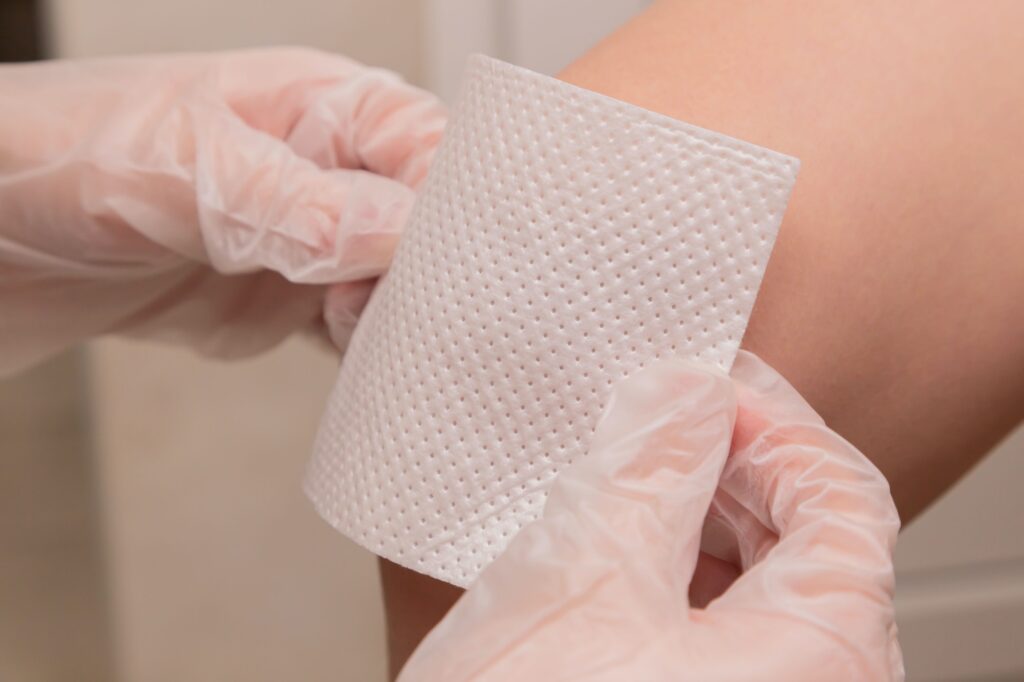
9. Not letting people help you
It’s great to be independent and get back to your normal life as quickly as you can, but we know that doing too much can actually set you back and make the recovery process a lot longer. It might be that you need someone to help you with some activities around the house for a little while.
After a large operation or an extended stay in the hospital, some people might need a short-term care package while they get back to normal. Even some simple tasks around the home – reaching up to high shelves, carrying a vacuum cleaner up a flight of stairs – might require a little help at first.
Sometimes, a close friend or family member might be able to help with some household tasks, and even some personal care as you recover. But having formal carers or experienced help after surgery can be an invaluable service, taking a lot of pressure off you and your loved ones while you recover in your own time.
10. Ignoring warning signs
Sometimes, recovery from an operation isn’t as straightforward as it could be. Even with the very best care, wounds occasionally become infected or fail to heal well. It is normal for a wound to have some redness, discomfort and swelling around the wound after an operation; it is not normal for a wound to become very painful, hot and red with continued swelling. It is normal for a wound to sometimes ooze a little clear or straw-coloured fluid in the early stages after an operation; it is not normal if a wound won’t stop bleeding, or for a wound to exude fluid that is very thick, grey, green or yellow in colour, or foul-smelling.
A wound that heals over at the skin level but develops an infection inside can form an abscess, where a hard pocket of pus-like fluid can be felt under the surface of a healed wound. If you suspect that your wound might be infected, it’s important to get medical attention as soon as possible.
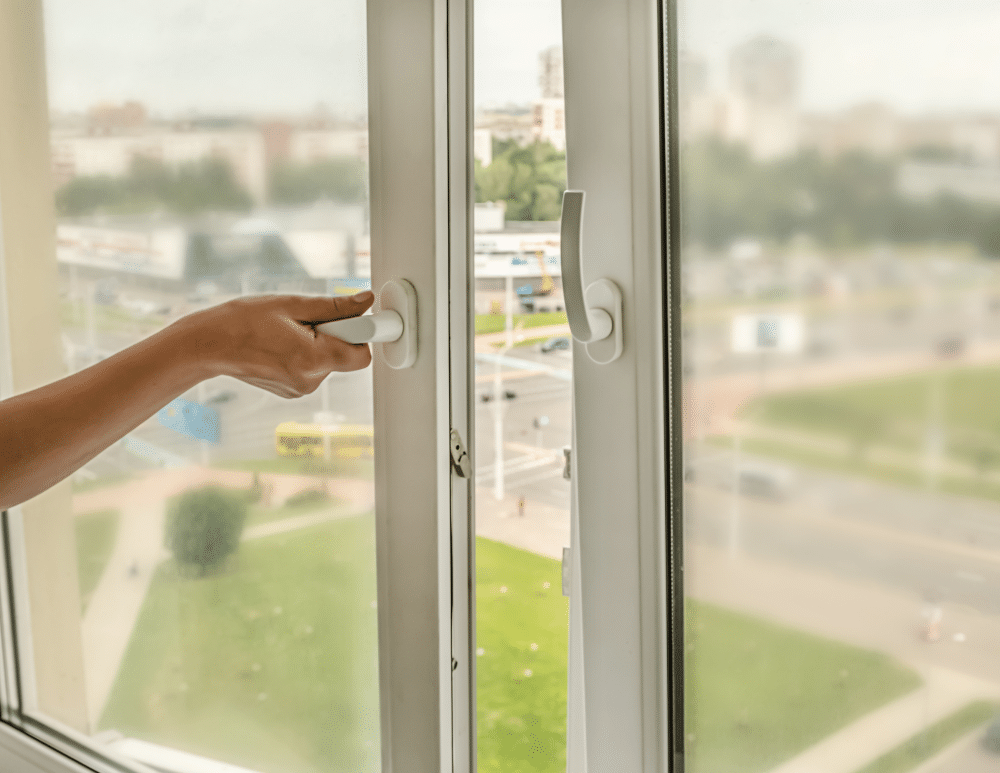
One way to prevent wounds from getting infected is to keep the environment you’re in clean. Keep your room or home well-ventilated and as dust-free as possible and change linens such as sheets and towels more frequently. This is in addition to keeping the wound itself clean.
Key Takeaways
After surgery, it’s normal to feel a little tired and ‘washed out’ and to need to take regular painkillers according to your doctor’s directions for any discomfort. But it is not normal to have a fever, severe flu-like symptoms, or unmanageable pain. Developing these kinds of symptoms anytime in the first week after surgery can indicate problems, and possibly an infection that can spread throughout the body. It’s important to get emergency medical attention for symptoms of systemic infection.
Homage provides caregiving services for your loved ones at every stage. Their trained care professionals are able to provide companionship, nursing care, night caregiving, home therapy and more, to keep your loved ones active and engaged. Fill up this form for a free consultation with their Care Advisory team.
While we at Helpling can’t provide you with professional post-surgery care, we can certainly take care of the household chores while you’re recuperating. Our additional services such as mattress cleaning, sofa cleaning, and aircon services can also ensure that the environment is clean and suitable for your road to recovery. Book a Helpling today or speak to a home advisor for more information.
